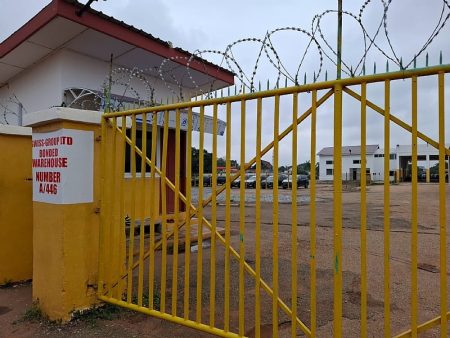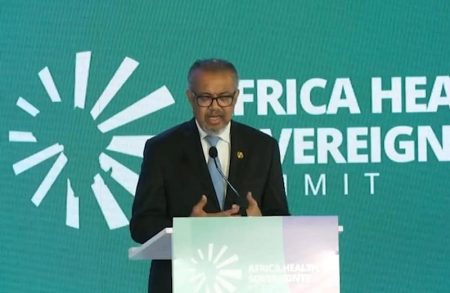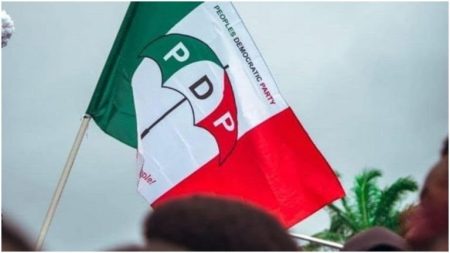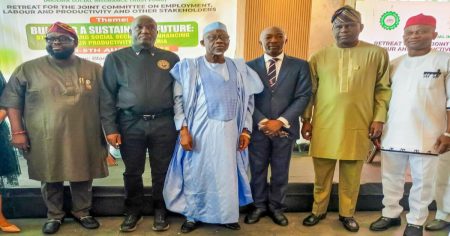The passing of former Nigerian President Muhammadu Buhari has elicited a range of responses, including a thoughtful reflection from the Nigeria Labour Congress (NLC). The NLC, in a tribute penned by its national president, Joe Ajaero, acknowledged the unexpected nature of Buhari’s death despite his history of health challenges, particularly during his first term. While his robust physique and energetic stride even after leaving office suggested continued vitality, the NLC recognized the inherent mortality of all individuals.
Buhari’s legacy is viewed by the NLC through the lens of his dual roles as a military leader and a civilian president. Ajaero noted that Buhari had two distinct opportunities to shape the nation – initially as a young, assertive military general and later as a more temperate, fatherly civilian president. The NLC leaves the ultimate judgment of his effectiveness in both roles to the scrutiny of history and individual perspectives. However, the NLC acknowledges certain consistent characteristics that defined Buhari’s leadership: single-mindedness of purpose, sometimes perceived as stubbornness, and a firm commitment to safeguarding Nigeria’s sovereignty and dignity as he interpreted it.
From the NLC’s perspective, Buhari’s relationship with the labor movement transitioned significantly over the course of his career. His early military rule was marked by confrontations with unions and widespread worker retrenchment, leading to considerable hardship. However, his tenure as a civilian president witnessed a marked shift. The NLC emphasized that under Buhari’s civilian leadership, no worker was laid off, even during the challenging period of the COVID-19 pandemic. Furthermore, he consistently provided financial assistance to state governments to address salary and pension backlogs and ensure regular payment, though the NLC noted that some governors failed to uphold this trust.
The NLC also highlighted Buhari’s economic policies, particularly his resistance to certain market-oriented pressures. While acknowledging the increase in petroleum product prices under his administration, the NLC underscored Buhari’s steadfast refusal to privatize refineries or devalue the Naira. These decisions, according to the NLC, reflected Buhari’s alignment with worker interests and his commitment to protecting the welfare of ordinary Nigerians.
The NLC’s tribute encapsulates a nuanced perspective on Buhari’s legacy, acknowledging the stark contrast between his actions as military leader and his later policies as civilian president. The organization emphasizes the positive aspects of his civilian administration, particularly his efforts to protect workers’ rights and welfare, his commitment to maintaining government control over key national assets, and his provision of financial support to state governments for salary and pension payments.
Ultimately, the NLC portrays Buhari as a leader who, in their view, atoned for past actions against workers during his second time in power. They emphasize his dedication to the Nigerian people and his unwavering prioritization of national interests, regardless of the personal or political cost. The tribute concludes with a prayer for forgiveness and peaceful repose for the deceased president, reflecting a conciliatory tone and a recognition of his complex legacy. This nuanced perspective from the labor movement provides valuable insight into the multifaceted nature of Buhari’s impact on Nigeria and its people.














